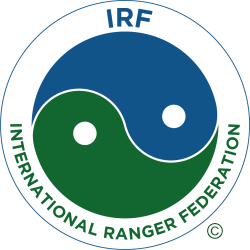The Oceania region is comprised of the 24 countries and territories of Polynesia, Micronesia, Melanesia, Australia and New Zealand containing a diverse range of ecosystems.
Oceania’s countries range from highly developed ones like New Zealand and Australia to those striving to strengthen their economies like Tuvalu and Kiribati. Except for a few countries and islands like Australia, New Zealand, and New Guinea, most of Oceania features small island countries or large archipelagos with scattered islands. These islands have strong culture and whose livelihoods are dependent on the land and sea.
Rangers and protected area workers throughout Oceania conduct their duties under a range of titles: technical, compliance, wildlife, conservation, interpretation, cultural, park, terrestrial, marine, indigenous, community and forest rangers are a few to mention. Some work for government, while others are employed by local communities, not for profit organisations, or serve as volunteers. All are working towards protecting Oceania’s special places, cultural and natural values, and valuable resources of which they depend upon.
Climate change poses disturbing threats, endangering the natural and cultural resources that have sustained Pacific Islanders and First Nations peoples for generations. More than ever, it is vital Pacific Islanders and First Nations people be encouraged to share their concerns and challenges, and consider grass roots solutions.
This can be done by bringing likeminded people together from different geographical areas who share a common discipline or field. Oceania rangers, protected area workers and conservationists need to connect, share knowledge, create partnerships, learn new skills, and develop strategic ways protecting nature and nature’s protectors. This needs to be done as a united, diverse and dynamic team.
Twinning agreements between Oceania countries, capacity-building training programs, ranger exchanges, conferences and open forums have proved to be effective ways to achieve this. But more could be done in this space, encouraging inclusiveness and diverse representation.
While facing similar broad-scale problems such as deforestation, species loss and the impacts of global climate change, it’s never been more important for Oceania’s nature’s protectors to collaborate, share their perspectives on addressing these issues, develop ways to improve their working environments, and help each other protect this special part of the world.
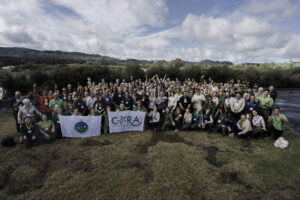
2022 Oceania Ranger Forum – Rotorua New Zealand
IRF Members in Oceania
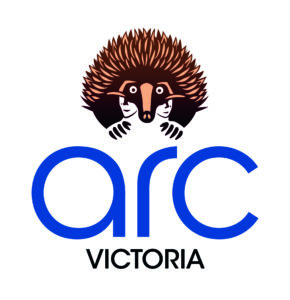
Association of Rangers and Conservationists Victoria (ARCVic)

Fiji Islands Ranger Association (FIRA)

Kalyuku ninti puntuku ngurra (KJ)


New Zealand Recreation Association

Northern Territory Parks and Wildlife Rangers Association (NTRA)


Parks Victoria


Protected Area Workers Association of NSW and ACT (PAWA)

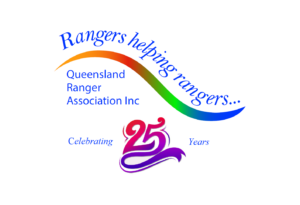
Queensland Rangers Association (QRA)

Rangers of Aotearoa New Zealand-ROANZ

Soloman Islands Ranger Association (SIRA)


South Australian Ranger Association (SARA)

Tasmanian Rangers Association (TRA)

Tawatana Community Conservation Development Association (TCCDA)

Tenkile Conservation Alliance

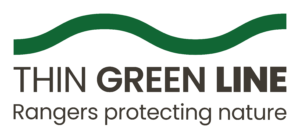
The Thin Green Line Foundation

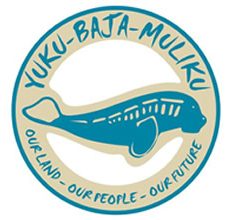
YUKU BAJA MULIKU Landowner & Reserrves LTD

